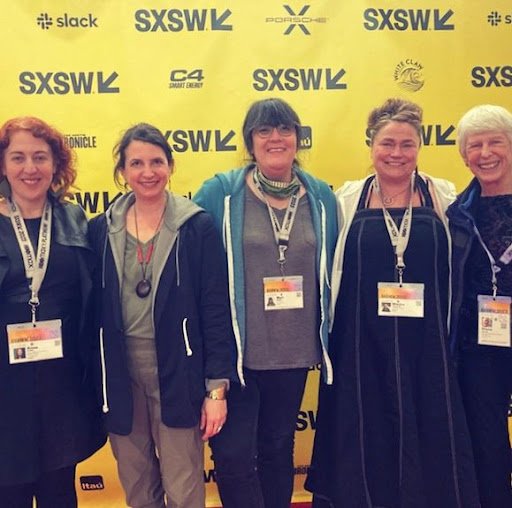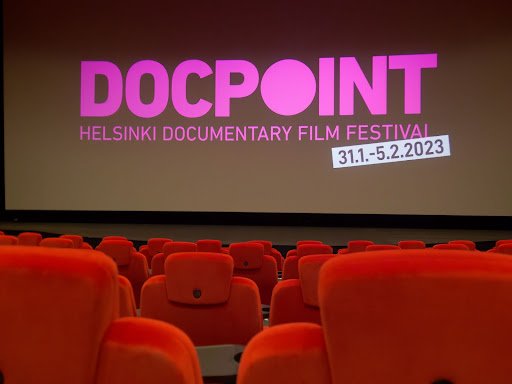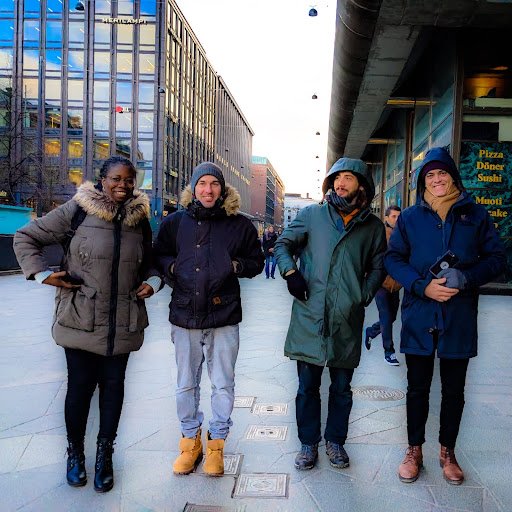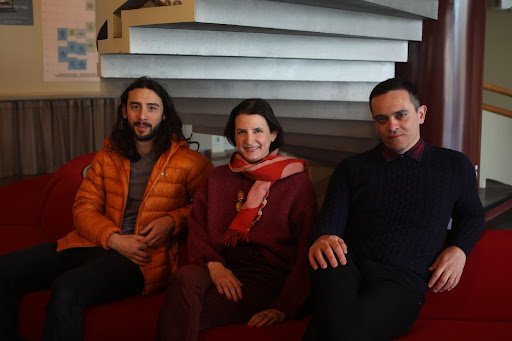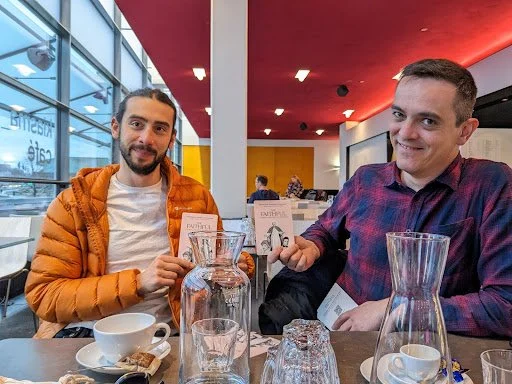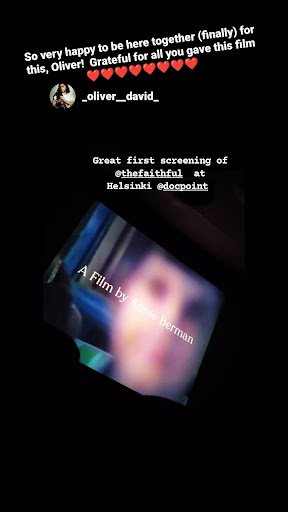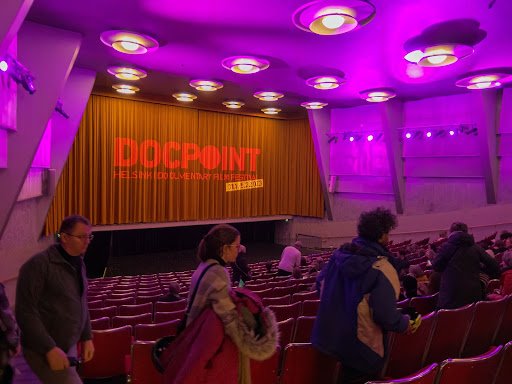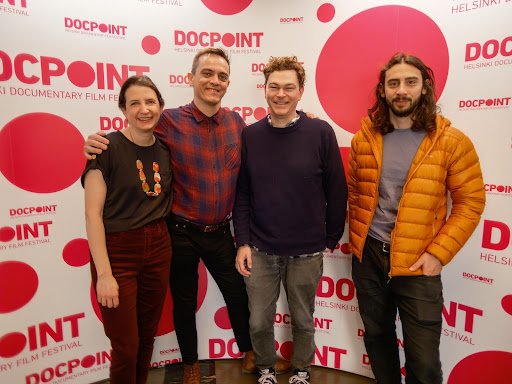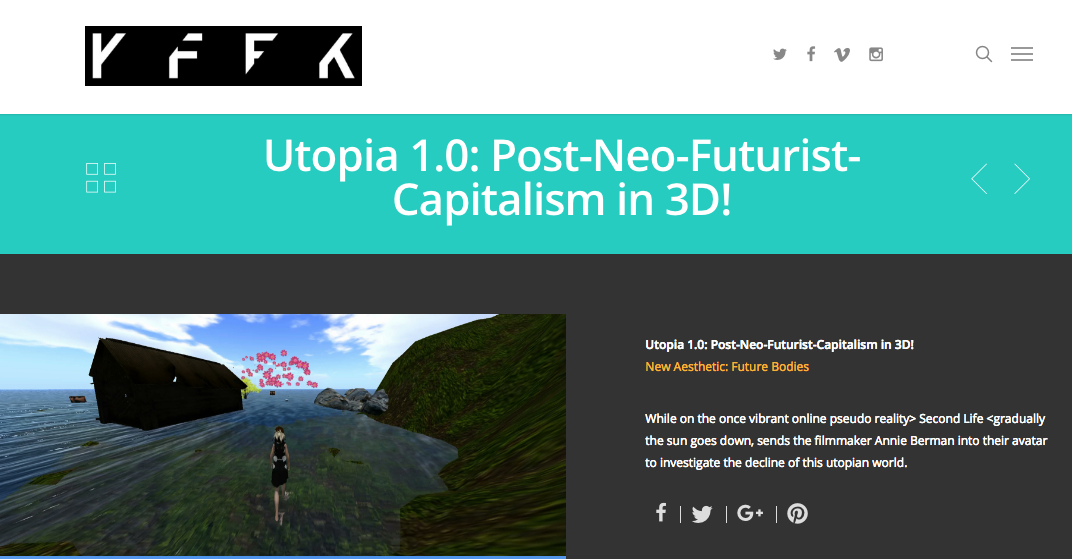Thrilled to announce that Utopia 1.0: Post-Neo-Futurist-Capitalism in 3D! will be part of this year's IMPAKT Media Festival in the Netherlands. This year's theme is 'The Future of the Past' which couldn't be more relevant.
The Future of the Past (In A World Well Documented)
We live in a world in which more information has been recorded over the past decade than in all the centuries that came before. Seas of data are ever-expanding. How will this affect our memory and the perception of time? The Impakt Festival 2015 concerns the changes to our conception of personal and collective histories that this mass data collecting brings about.
Will digital technologies, social media timelines, our uploads and e-mail histories allow us to keep perfect accounts of the past? Gone will be the guessing of what someone looked like or how an event unfolded? Will advanced presentation technologies make going back in time a more real, accurate and even immersive experience – or should we, paradoxically, worry about digital amnesia? What are the economic mechanisms behind the accumulation of data; and likewise, who owns the information and who controls of the access to it?
The recording and distribution of data not only influences our perception of the past, the analysis and extrapolation of data can consequently create a different perception of the future. In The Future of the Past we will investigate the changing concepts of personal and collective memory and how the general perceptions of history and future are evolving.
The Idealistic And Classic Notions Of Documentation and Knowledge
From ancient times onwards, it has been the drive of humankind to accumulate an all-encompassing knowledge of the world. The construction of that knowledge and the effort of documenting the world can be recognised through culture’s collective attempt to develop science, categorise, to memorise and to be remembered. Now, in the Digital Age, the Internet, technology and social media have leant enormous momentum to the accumulation of this knowledge. The tools for accessing, sharing and contributing are within everyone’s reach. A wide range of platforms allow us to contribute to networks and amass information: Internet encyclopaedias are a democratic sum of the efforts of a ubiquitous critical mass and almost everything on earth is documented in some form or another. How does this influence our perception of present, past and future?
The (Im)Perfection Of Personal And Collective Data Storage
Upon the realisation that electronic images and digital data didn’t live up to their promise of eternity, a further dimension was added to the discussion on the archiving and preservation of information, books, films and audio-visual files. Not only does the medium appear imperfect, inadequacies can often arise in the processing of both personal and collective pasts. Despite mass data capture, we forget to make back-ups and entire libraries and archives are threatened and in search of new accommodation. How do we deal with the risks of digital amnesia?
Data As An Economic Factor
In our digital age we are constantly informed. News, media and friendships are closer than ever. The world is more accessible and comfortable than we’d foreseen. But most recent developments confront us with much more radical consequences of the ever increasing storage and accessibility of data. When we take and share information, navigate and accept cookies, we leave traces of our doing – information that perfectly lends itself for other purposes than the acquisition of knowledge in the idealistic sense of the word. Data is the ‘oil’ of the 21st century: our online behaviour has been rendered an economic factor. How can we ensure the safeguarding of our rights as individuals against the corporate commodification of our online footprints? How can we develop transnational legislation, if at all, and in which form would this “Digital Magna Carta” manifest?
Is Our Sense Of Past And Future Getting Less or More Perfect?
We are obsessive self-archivists. We can scroll back on our timelines forever, but what gets lost if the process of remembering is no longer based on creative reconstruction but on the click-and play of digital data? Are we forgetting to remember?How does collective memory develop in a perfectly documented world? Modern technologies allow us to retroactively sharpen the lens through which we analyse documents and artefacts from the past, unveiling new data and new perspectives. What impact will new information concerning the past have on our current assumptions regarding social equality, justice or international conflict? How do we deal with the differences between the trivial and the essential in this “Capture All” era?The Future is no longer a dark fathomless cloud, but a set of patterns and connections that can be controlled and predicted when we collect enough relevant data. Some argue that predicting the future will become more accurate now it is increasingly based on scientific calculations of probability. While we should scrutinise the accuracy of these prophetical claims, the philosophical, ethical and political consequences of these forecasts should be contemplated. It is safe to say that our perception of the future is changing because of these technological transitions.
The Dynamics Behind Contemporary Data Collection
When once archives used to be carefully curated, limited to the essential and studied to gain knowledge, contemporary data clouds adhere to a totally different dynamic. They are continuous registrations of live moments and they are mined for demographics, ideas and experiences. Automatic scans are made generating meta-information on all kinds of subjects—from the momentous to the mundane. How will we decide what to store and what to discard or will others decide this for us? How to condense or prioritise in order to avoid spending half our lives looking back on the other half? Smart data-mining apps will aid us in processing the information we have already stored, but who sets their settings and creates our memories? And will we be able to enforce a right to be forgotten in a world that by definition keeps recording all dimensions of our behaviour?
The Impakt Festival 2015 The Future of the Past will offer reflections and new ideas on the future of ‘history’ and on the future of the ‘future’, including existing and new notions of ‘memory’, the ‘past’, ‘recollection’, ‘prediction’, in the framework of the almost unlimited data recording and storage capacities that are (being) developed in the world today.
Historical, poetical, technological and philosophical approaches will be combined to discuss the question of how a digitally created and conserved memory will construct our conceptions of the past and the future?
In a world well documented, future and past will not be what they used to be.
